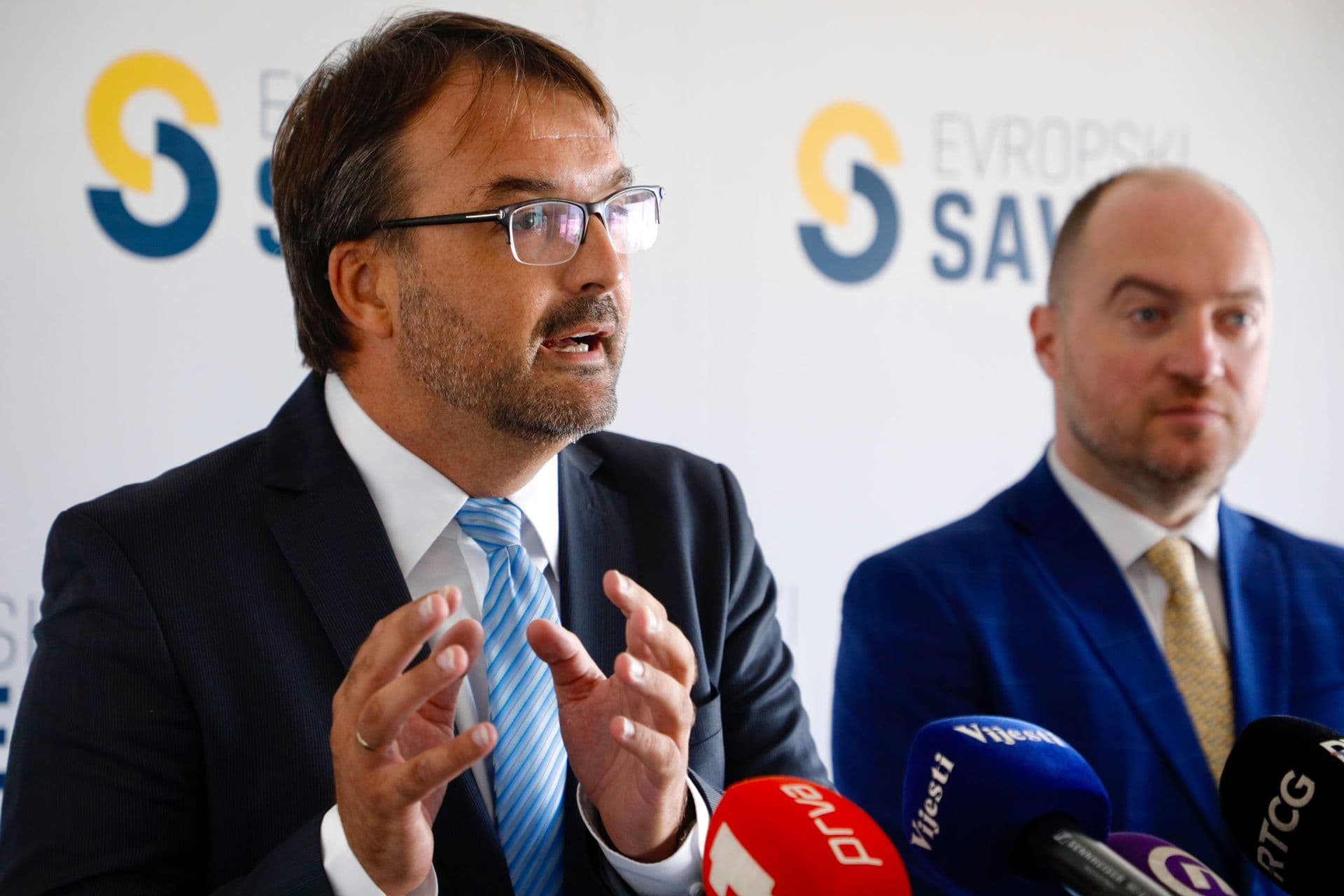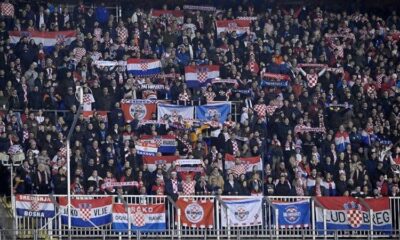Sports
Serbian Orthodox Church Moves to Introduce Religious Education in Montenegro

The ongoing debate surrounding the role of the Serbian Orthodox Church (SPC) in Montenegro’s social and institutional processes has resurfaced, particularly following announcements regarding the church’s intention to introduce religious education into the state education system. This development has drawn sharp criticism from prominent political figures, including Vatroslav Belan, the president of the Liberal Party and a leading member of the European Union.
Joanikije Mićović, the Metropolitan of Montenegro and the Littoral, revealed plans to prepare for the introduction of religious education. He stated, “We are training young theologians and priests so that when the time comes, we will have enough qualified individuals to fill positions in primary and secondary schools if religious education is implemented.” Mićović emphasized that this is a right that the state should not deny anyone.
Belan responded to these developments during an interview with ETV, expressing his concern over the church’s long-standing strategic ambitions. He noted that the SPC has become the most influential organization in Montenegro and is actively pursuing its goal of transforming the country into a domain under its complete control. According to Belan, the church aims to establish an authoritarian society aligned with “Mother Russia,” where it would serve as a key pillar of governance.
The Liberal Party leader also highlighted troubling remarks made by members of the SPC clergy. Specifically, he referred to comments made by a priest, Backović, regarding the recent controversy surrounding a statue of Pavle Đurišić. Backović remarked that the situation “resembles 1945,” a year that evokes negative emotions for those who recall the liberation from fascism and Nazism in Europe, including Montenegro. Mićović’s statement that he “carries Đurišić in his heart” raises concerns for Belan, who fears this may be the foundation of the educational curriculum the SPC intends to impose on young generations.
Belan articulated that while the plans of the SPC are not surprising, the more pressing question is whether the Montenegrin state is fostering an educational system that will equip youth with modern scientific knowledge. He stressed the importance of developing a society that can resist the dark agendas of the SPC, rather than capitulating to a religious organization that seeks to influence the sociopolitical landscape.
“I fear that, as of today, the answer is pessimistic. However, it is crucial that we decisively and courageously shift our reality in favor of a secular, civil, anti-fascist, and emancipated Montenegro,” Belan concluded during his comments to ETV.
This ongoing discourse showcases the tensions between religious influence and secular governance in Montenegro, as the nation navigates its complex sociopolitical landscape. The potential introduction of religious education raises important questions about the future of education and the role of faith in public life.
-

 Entertainment3 months ago
Entertainment3 months agoAnn Ming Reflects on ITV’s ‘I Fought the Law’ Drama
-

 Entertainment4 months ago
Entertainment4 months agoKate Garraway Sells £2 Million Home Amid Financial Struggles
-

 Health2 months ago
Health2 months agoKatie Price Faces New Health Concerns After Cancer Symptoms Resurface
-

 Entertainment3 months ago
Entertainment3 months agoCoronation Street’s Carl Webster Faces Trouble with New Affairs
-

 Entertainment2 months ago
Entertainment2 months agoWhere is Tinder Swindler Simon Leviev? Latest Updates Revealed
-

 Entertainment4 months ago
Entertainment4 months agoMarkiplier Addresses AI Controversy During Livestream Response
-

 Science4 weeks ago
Science4 weeks agoBrian Cox Addresses Claims of Alien Probe in 3I/ATLAS Discovery
-

 Entertainment4 months ago
Entertainment4 months agoKim Cattrall Posts Cryptic Message After HBO’s Sequel Cancellation
-

 Entertainment2 months ago
Entertainment2 months agoOlivia Attwood Opens Up About Fallout with Former Best Friend
-

 Entertainment3 months ago
Entertainment3 months agoMasterChef Faces Turmoil as Tom Kerridge Withdraws from Hosting Role
-

 Entertainment4 months ago
Entertainment4 months agoSpeculation Surrounds Home and Away as Cast Departures Mount
-

 World2 months ago
World2 months agoCole Palmer’s Mysterious Message to Kobbie Mainoo Sparks Speculation





















